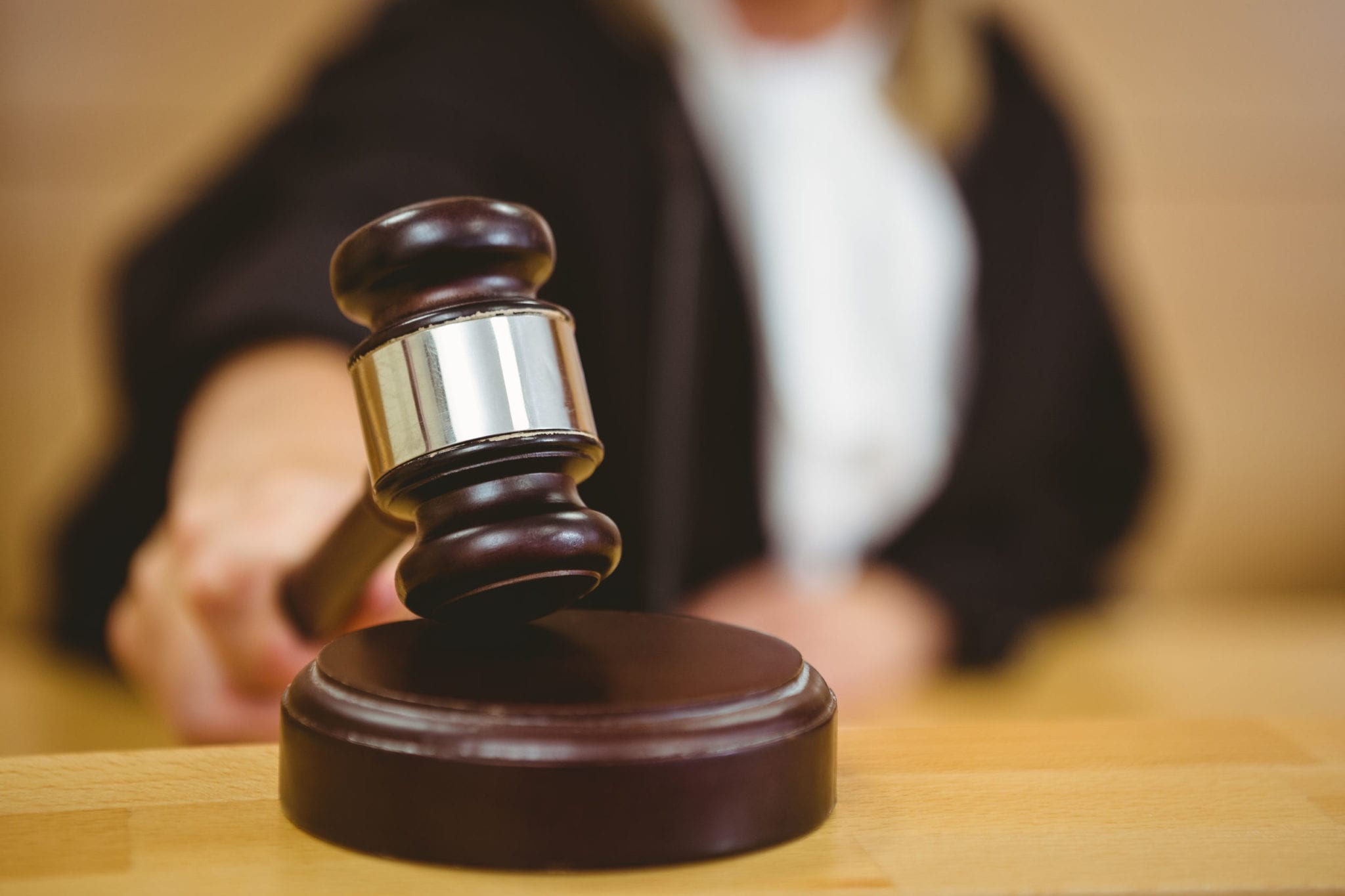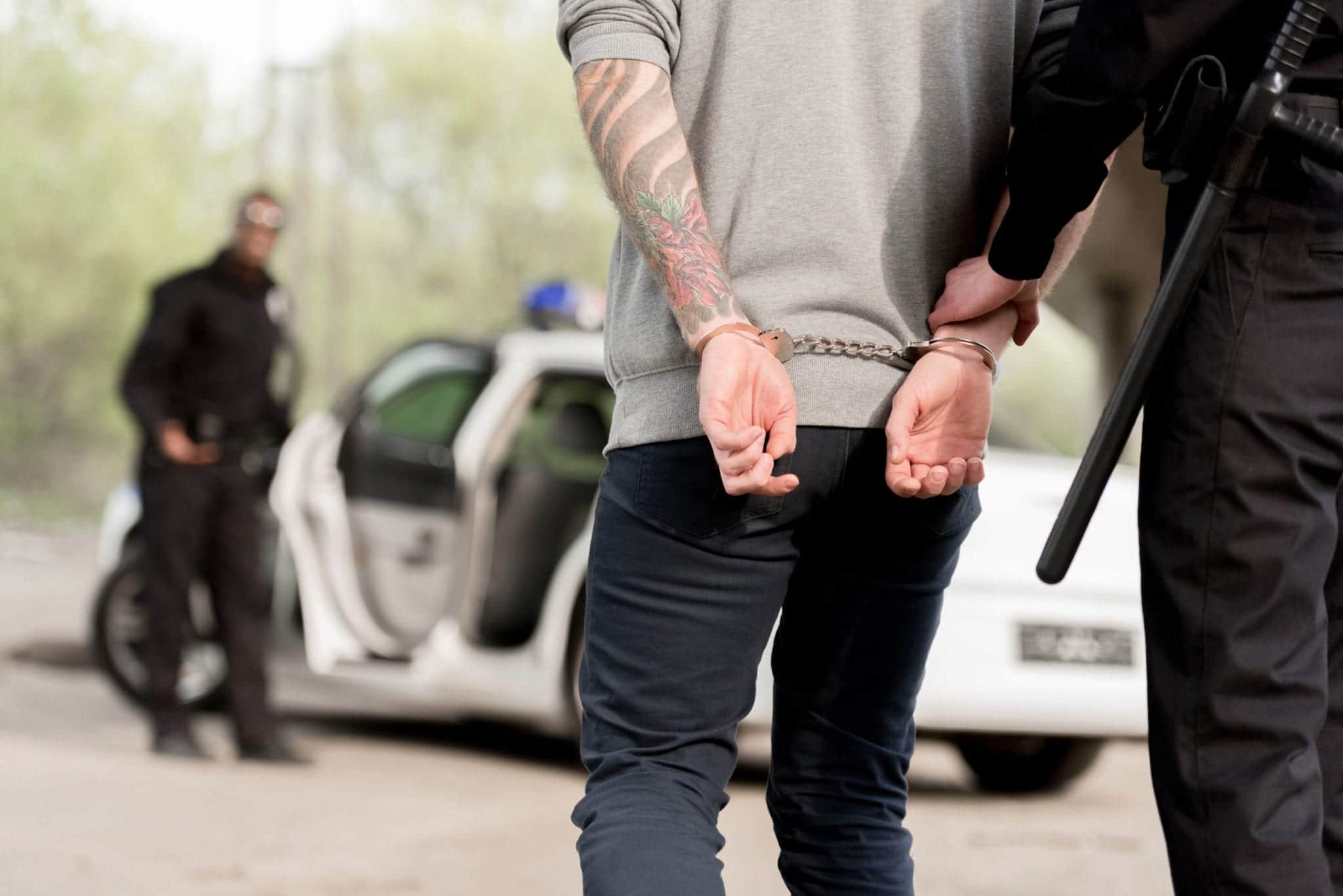When people show up for a court appearance, they’re usually on their best behavior. That wasn’t the case for one Tennessee man. When appearing in front of a judge for a marijuana possession charge, he decided to light up a joint right in front of the bench.
His consequence? Now, he’s had a disorderly conduct charge tacked onto his possession charges.
Disorderly conduct is a more common charge than you may think, especially in Texas. This is because the charge covers a wide range of (sometimes bizarre) behaviors.
You don’t have to smoke a Schedule IV drug in front of a judge to be charged with disorderly conduct, which is why it’s important to know what a disorderly conduct charge is and how it’s dealt with.

So What Is Considered Disorderly Conduct in Texas?
Disorder conduct is addressed in Texas Penal Code Section 42.01. In it, you can find a complete list of activities and actions considered disorderly conduct in Texas. These activities and actions include:
- Using profane, indecent, vulgar, or abusive language in a public place that can incite a breach of the peace
- Creating an unreasonable or noxious odor by chemical means in a public place
- Exposing genitals or anus in a public place and being reckless about who may be present to witness this act
- Making an offensive display or gesture in a public place that can incite a breach of peace
- Making unreasonable noise in a public place other than a shooting range or near or in a private residence that you have no right to occupy
- Threatening or abusing another person in a public place in an apparently offensive way
- Fighting with another person in a public place
- Displaying a firearm or other deadly weapon in a public place in a way that is meant to alarm or discharging a firearm across a public road or on it
- Discharging a firearm in a public place other than a sport shooting range or public road
You can also be charged with disorderly conduct in Texas for “peeping tom” activities. That is -- trespassing on someone’s property and looking into their windows or doing the same at a hotel, changing room, or restroom for lewd and unlawful purposes.
Penalties for TX Disorderly Conduct Are Stiffer Than You Think
Many disorderly conduct charges are considered Class C misdemeanors, but a conviction for what you might view as a pretty harmless act could quickly separate you from a hard-earned $500 in cash.
Happen to have a firearm at the time of the incident? Plan on earning yourself a Class B misdemeanor. That can result in up to 180 days in jail as well as a fine up to $2,000.
In many cases, disorderly conduct charges are accompanied by others like public intoxication, resisting arrest, and assault, all of which carry far more serious legal penalties. So you’d do best to keep yourself in check.

Because disorderly conduct charges are so broadly defined, many people find themselves facing them without really understanding why. That means you’re already a step ahead by understanding the law. If you still have questions, don’t hesitate to reach out!
About the Author:
Brandon Fulgham has an in-depth understanding of both Texas law and Texans themselves. Before practicing law here, he received his undergraduate degree from TCU, and his law degree from South Texas College of Law in Houston. After graduation, he worked in District Attorneys’ offices as a prosecutor, building cases designed to put people behind bars. Now, he uses that knowledge to protect the rights of people in and around Fort Worth, making sure they receive the strongest possible defense when they find themselves on the wrong side of the law. He has been recognized for his work by The National Trial Lawyers, Fort Worth Magazine, and others.